by Nicholas Stevens
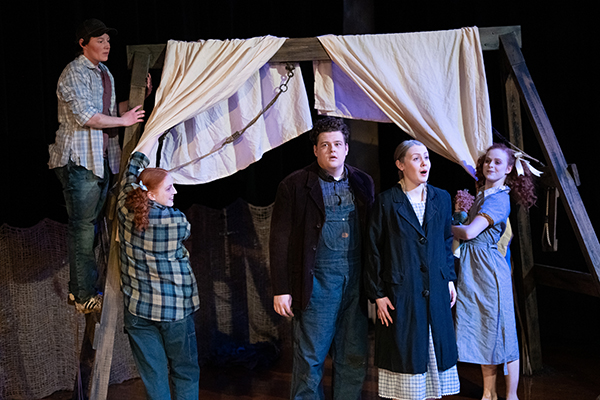
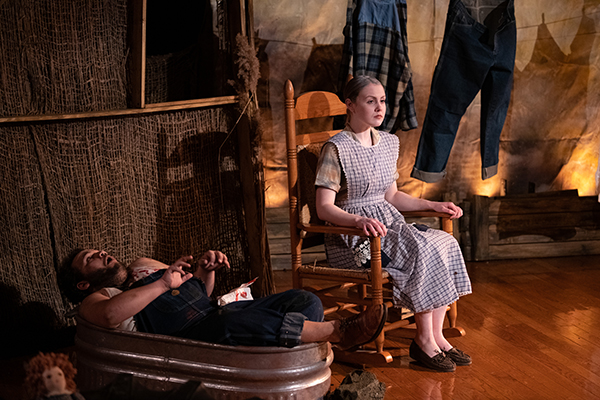
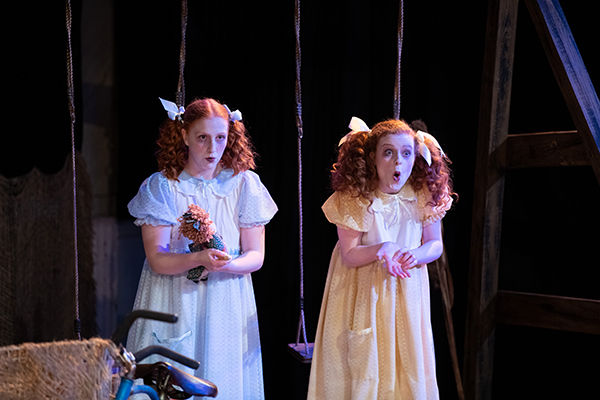
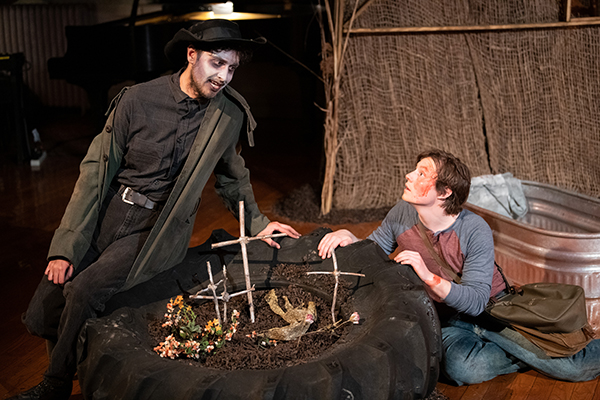
As valuable as the contributions of the living characters were, the only one as gripping to watch and hear as the daughters was the mysterious Sodbuster, sung with menace by baritone Thomas Litchev. Alternately unhinged and self-assured, whooping and raving between icy declarations, Litchev loomed over the final scenes from the moment he appeared on the swing set, knife dangling and eyes lolling.
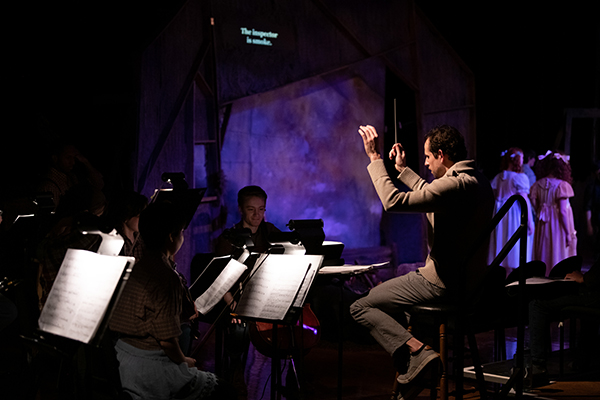
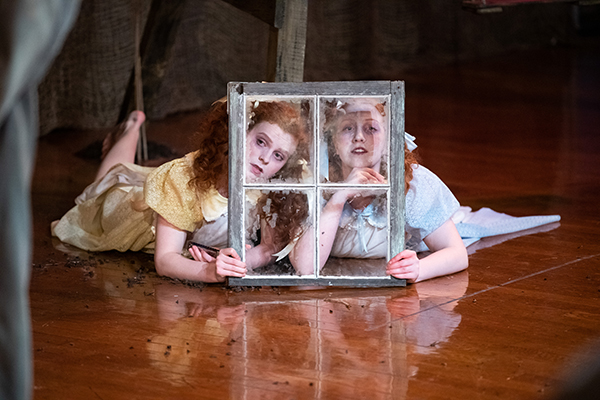
Photos by Yevhen Gulenko.
Published on ClevelandClassical.com February 16, 2019.
Click here for a printable copy of this article


